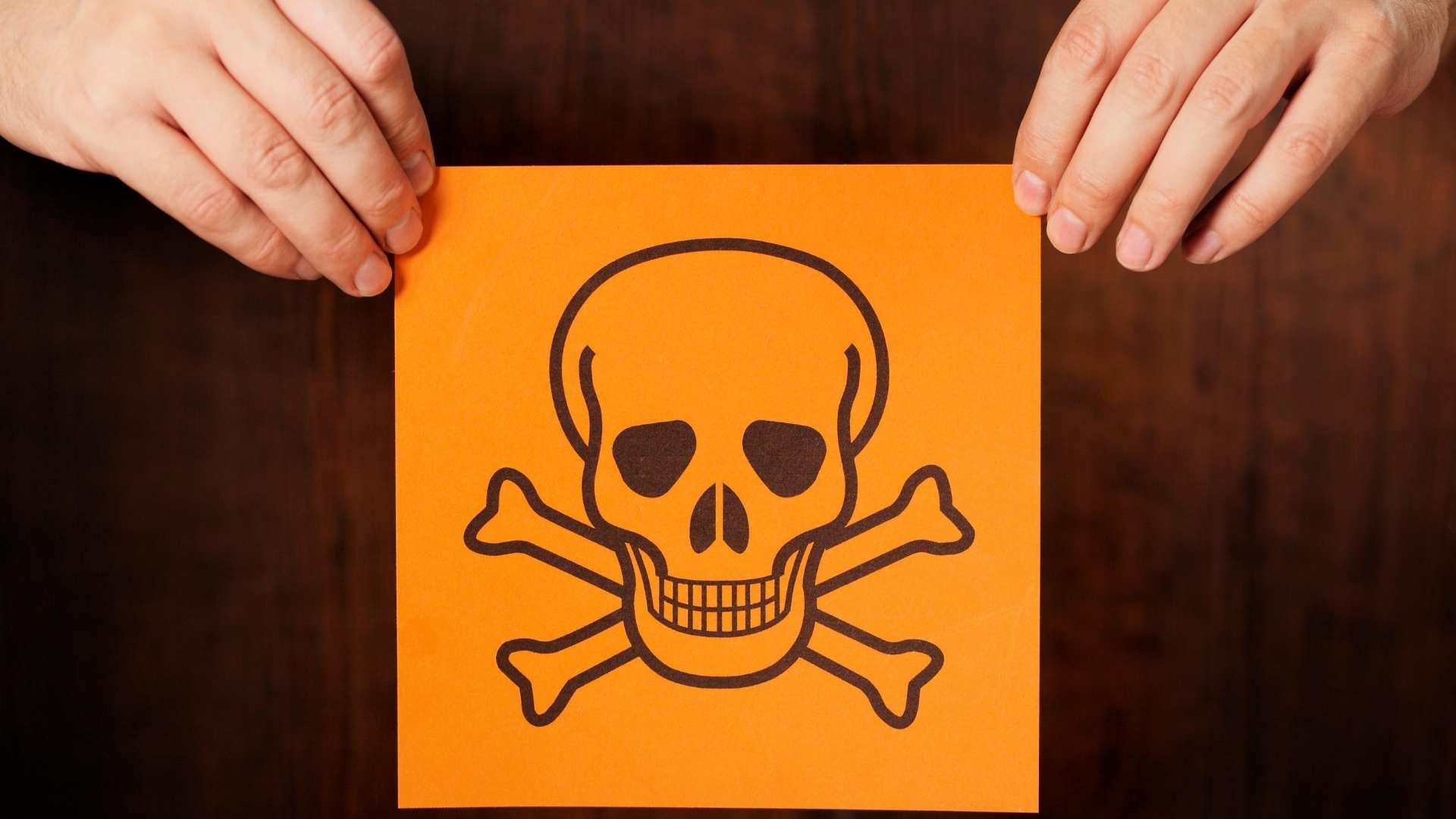There is no doubt that rat poison is a successful way of dealing with a rat problem. It is also one of the easiest, depending on how you use the poison!
Some folks throw sachets of poison up into an attic and leave it. I’ll tell you straight; I am not comfortable with that idea!
There are clear dangers of using rat poison, such as secondary and accidental poisoning.
In this post, I will explain how to use rat poison responsibly.
What you will learn in this post:
- How to use rat poison responsibly
- 2 things you must not do when using rat poison
- How to use rat poison outside
- Frequently asked questions
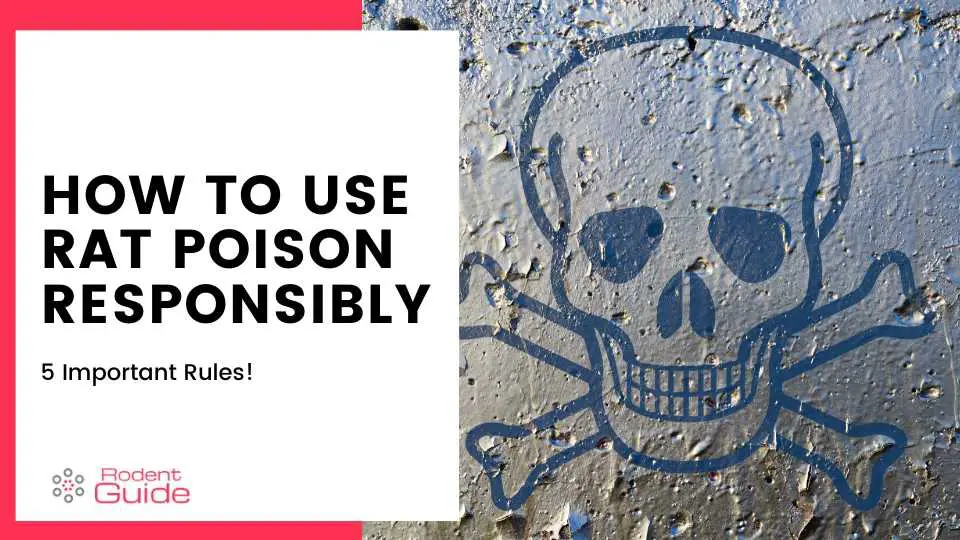
How To Use Rat Poison Responsibly
Want to know the best way to use rat poison? It is also the most responsible way, which is exactly what I will cover in the following 5 golden rules!
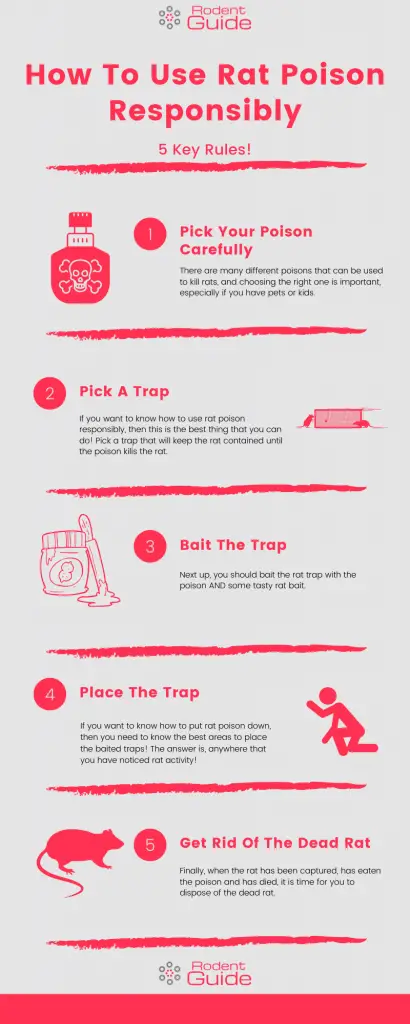
1. Pick Your Poison Carefully
There are many different poisons that you can use to kill rats, and choosing the right one is essential, especially if you have pets or kids.
If you have pets and need to bait traps outside or in areas where pets can access them, you need to use pet-safe rat poisons.
It is the same with children; you will need to use poisons safe for humans if you have to use rat poison in areas where kids can access them.
I urge you to only use poison in areas out of reach from kids and pets! Accidental poisoning is a huge cause of unintentional deaths.
There are homemade rat poison options that are safer, but you still need to keep them away from kids and pets.
2. Pick A Trap
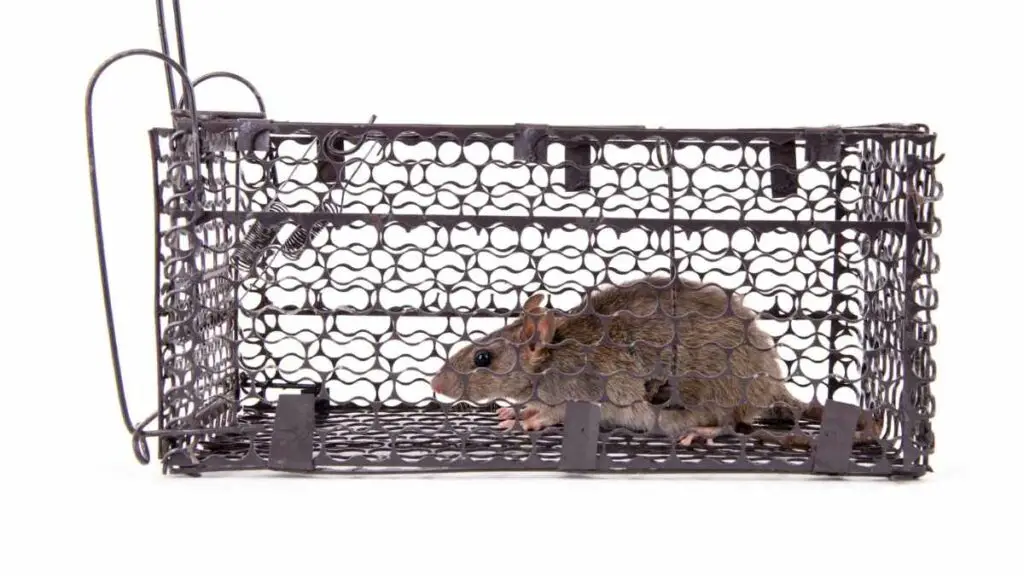
If you want to know how to use rat poison responsibly, then this is the best thing you can do! Pick a trap that will keep the rat contained until the poison kills the rat.
Why? Because keeping the rat contained will stop secondary poisoning!
Secondary poisoning is when a rat consumes the poison and is eaten by a predator (cat, bird of prey, etc.). The poison is transferred to the predator, who is also killed.
3. Bait The Trap
Next up, you should bait the rat trap with the poison AND some tasty rat bait.
Want to know what food is irresistible to rats? I would tempt the rat into the trap using items such as peanut butter or meat. When the rat gets there, it will also consume the poison, and you will trap the rat!
4. Place The Trap Responsibly
If you want to know how to put rat poison down, you need to know the best areas to place the traps! The answer is, anywhere that you have noticed rat activity!
It would be best if you always targeted known areas that rats have traveled through or nested.
Sticking to these areas reduces the chances of another animal strolling into the trap!
Also, PLEASE ensure that you keep the trap away from them if you have pets or kids. Use areas that they cannot access.
5. Get Rid Of The Dead Rat Responsibly
Finally, when the rat has been captured, has eaten the poison, and has died, it is time for you to dispose of the dead rat.
Firstly, you should be wearing a respirator and some strong gloves. Follow these instructions:
- Pick up the rat
- Put it into a bag
- Double bag it
- Dispose of it as per your local laws (usually, place it with your trash, but you need to check to ensure you remain legal)
Using Rat Poison – What Not To Do – 2 Rules
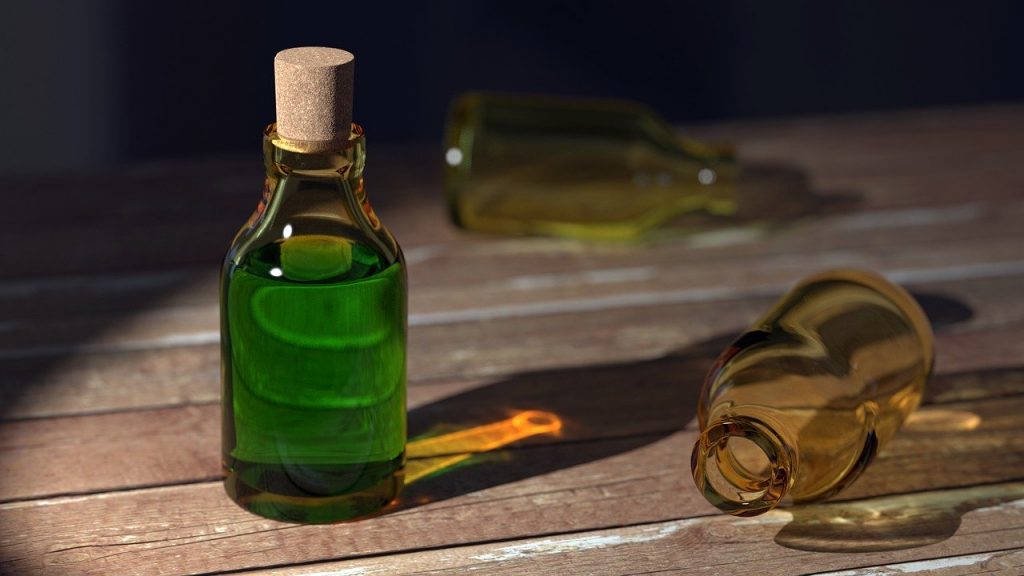
Using rat poison can be very dangerous to you, your loved ones, your pets, and even other wildlife not being targeted by the poison.
I always adhere to these 2 rules if I use rat poison.
Do Not Throw And Forget
I’ve seen this far too many times. I’ll go into an attic, and there are sachets of poison thrown up. Sometimes, without even going into the attic!
This poses a risk to local wildlife (through secondary poisoning) and poses a risk to your home and cash reserves (in extreme circumstances).
Let’s say the rat consumes the poison. Over the next few days, it is still moving around your home, looking for food and water. As the rat approaches the 3rd day, the poison starts to take effect, and the rat takes a break in your cavity walls. Two hours later, it died. After a few days, you begin to notice an odor in your home, but you can’t quite put your finger on where it is coming from. It is the odor of a dead rat!
You’ve guessed it, the rat has died in your cavity walls. How do you get it out? For that, you will need a professional, which is why it has the potential to hit your wallet hard!
Do Not Let The Rat Go
Letting the rat go will cause a similar situation to the one above.
Some folks get rid of the rat as soon as it is caught, which means they don’t want to deal with a dead rat. Unfortunately, that increases the risk of secondary poisoning, especially as the rat may slow down as the poison takes effect.
Be responsible, and keep the rat contained until it dies!
How To Use Rat Poison Outside
Ideally, it would be best not to use rat poison outside. The best way to handle a rat infestation outside is to get a trap capable of holding multiple rats and baiting them with normal foods for a rat trap.
If you have to use rat poison outside, you should ensure that you have a trap that is only big enough for a rat to enter. This is to save cats, dogs, and other animals from dying by ingesting the poison.
Frequently Asked Questions

How long does it take for a rat to die from poison?
Most poisons will kill a rat within 72 hours. Some poisons work within 24 hours, and some require consistent ingesting throughout a couple of weeks before it takes effect. Anticoagulant poisons generally take up to 72 hours, and these are the most common rat poisons because they are the most effective.
Will the rat be attracted to the poison?
Yes – poison is given a scent that is attractive to rats. I always add poison to other items, such as peanut butter and foods used as rat bait.
What does poison do to rats?
It depends on the type of poison. Anticoagulant poisons will stop the blood from coagulating, leading to the rat internally bleeding to death. Other poisons attack the central nervous system, and others attack cells to stop them from making energy.
Conclusion
Using rat poison is one of the best methods of dealing with an infestation, but you should use rat poison responsibly to impact other wildlife and those you love negatively.
If you adhere to the rules on this page, then you will be using rat poison responsibly, whilst keeping the success rate high.
If you are suffering from a rat problem, or it is something you regularly suffer from, then you should address it by sealing up common rat entry points to your property. If rats cannot get in, you won’t have a rat problem in your home!
Good luck!

